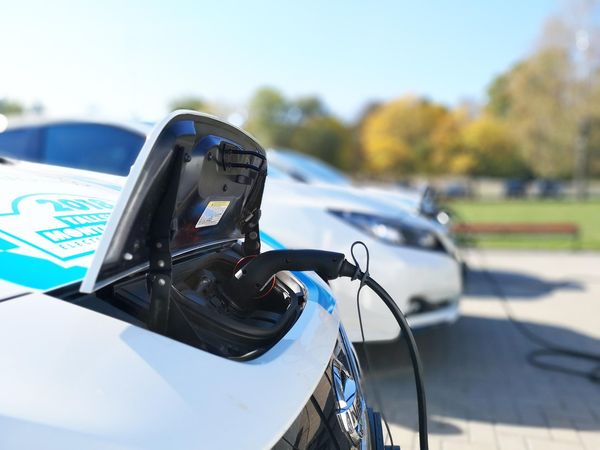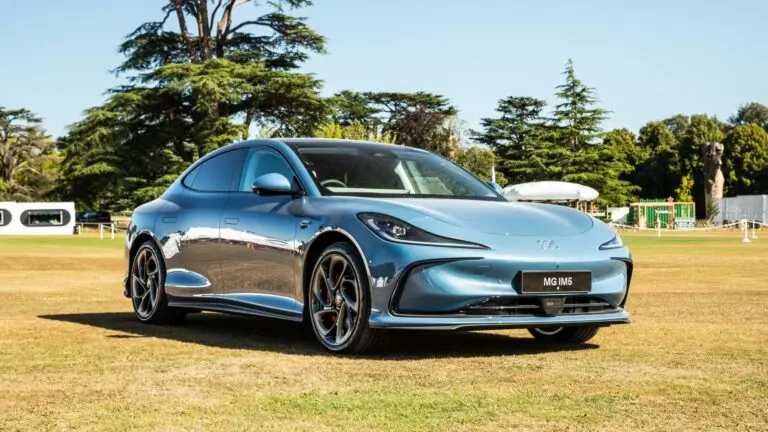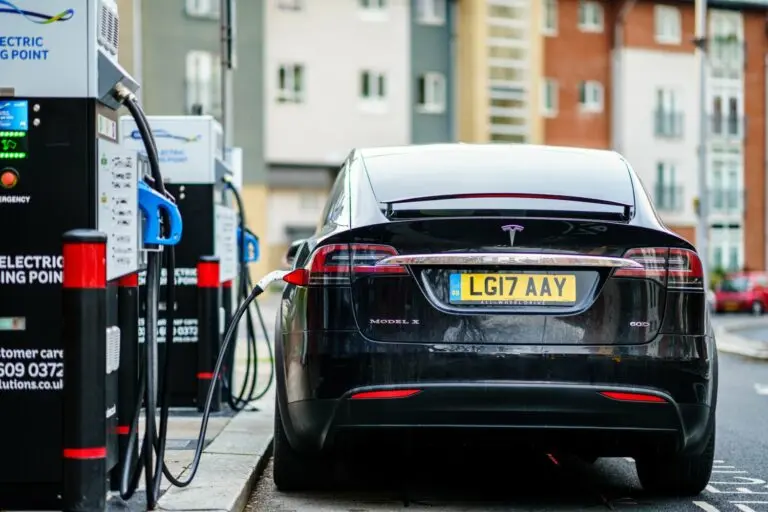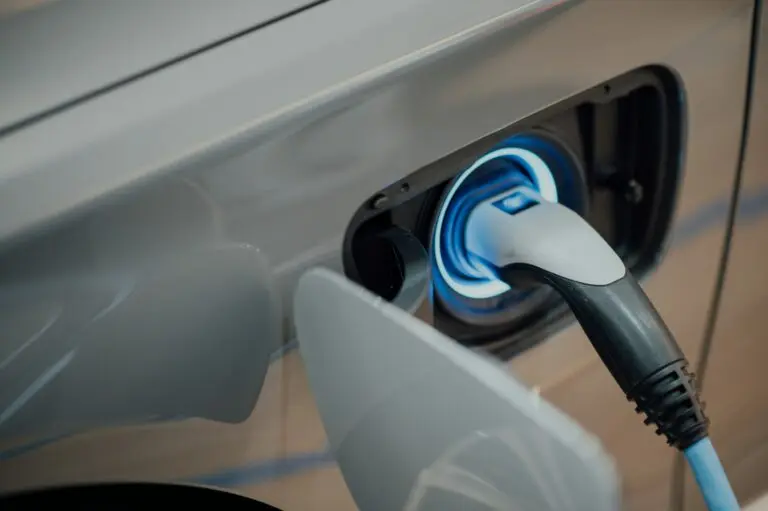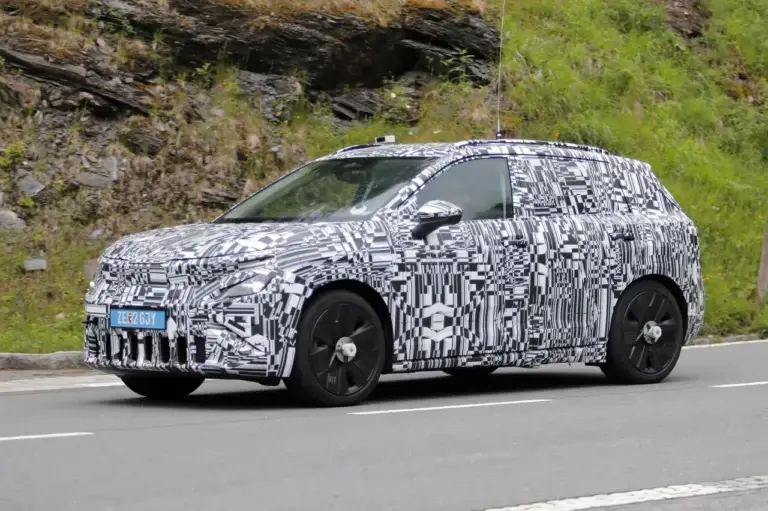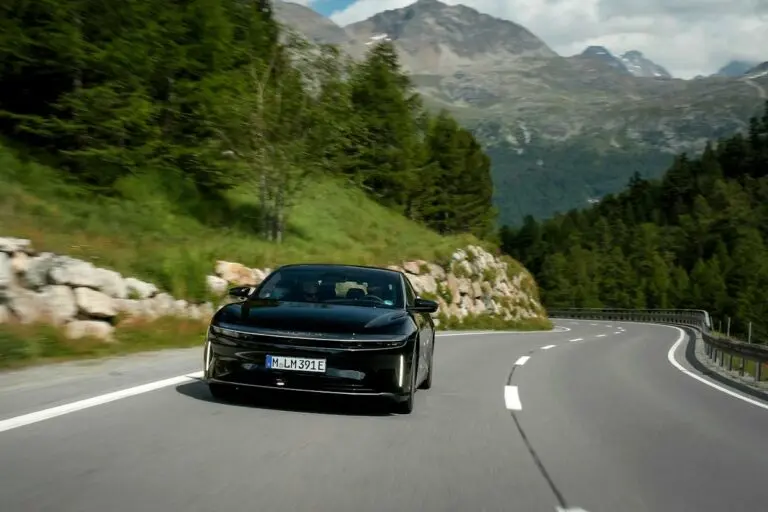If electromobility is now taking centre stage, it’s not just a passing fad, but one of the pillars of an ongoing global transition. Reducing emissions, energy independence, industrial recovery: there are many issues at stake, and the solutions offered by electric vehicles go far beyond a simple change of engine. So why electromobility? Let’s find out.
Ecological issues: less CO₂, but not without impact!
Road transport accounts for 15% of global greenhouse gas emissions. Replacing combustion-powered vehicles with electric vehicles, powered by increasingly low-carbon energy, will have a direct impact on this major source of pollution.
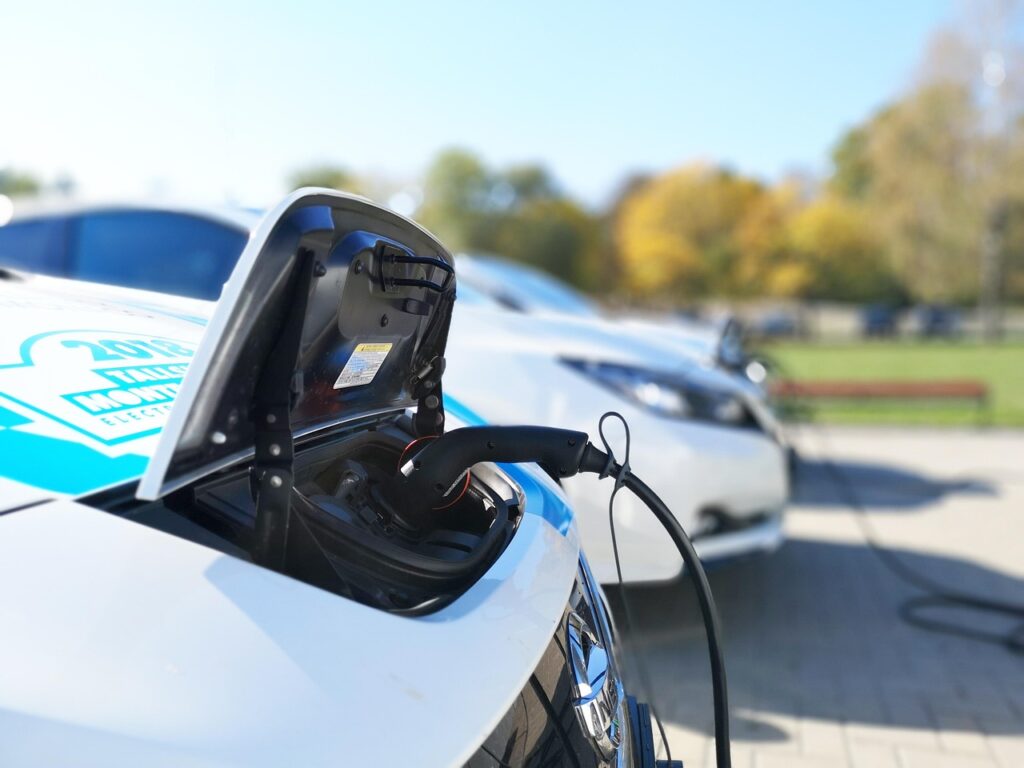
To measure the positive impact of these vehicles on the ecosystem, the entire life cycle of an electric vehicle must be taken into account. According to the French Environment and Energy Management Agency (ADEME), an electric vehicle emits on average three times less CO₂ than a combustion-powered vehicle over its entire life cycle, provided that the electricity used comes from renewable sources.
Another major advantage is the absence of local emissions. Zero tailpipe emissions means fewer fine particles, less nitrogen oxides (NOₓ) and less noise pollution. According to the WHO, air pollution causes more than 300,000 premature deaths every year in Europe, with a significant proportion linked to transport. In cities, this would translate directly into better air quality, with clear benefits for public health.
But the environmental picture is not all rosy. Batteries, the heart of electric vehicles, pose real environmental challenges. They take a lot of energy to produce and rely on the extraction of materials such as lithium, cobalt and nickel, the extraction processes for which raise questions. Fortunately, recycling processes, while still in their infancy, are promising. Today, French start-ups are able to recycle 90-95% of a battery.
Energy challenges: moving away from oil and embracing flexibility
Electromobility is also a strategy for independence. By 2025, the European Union will be importing over 90% of its oil.
Powering a car with electricity is a way of freeing ourselves from this dependence and regaining a form of energy sovereignty, especially if we rely on local, low-carbon sources of electricity: solar, wind and nuclear.
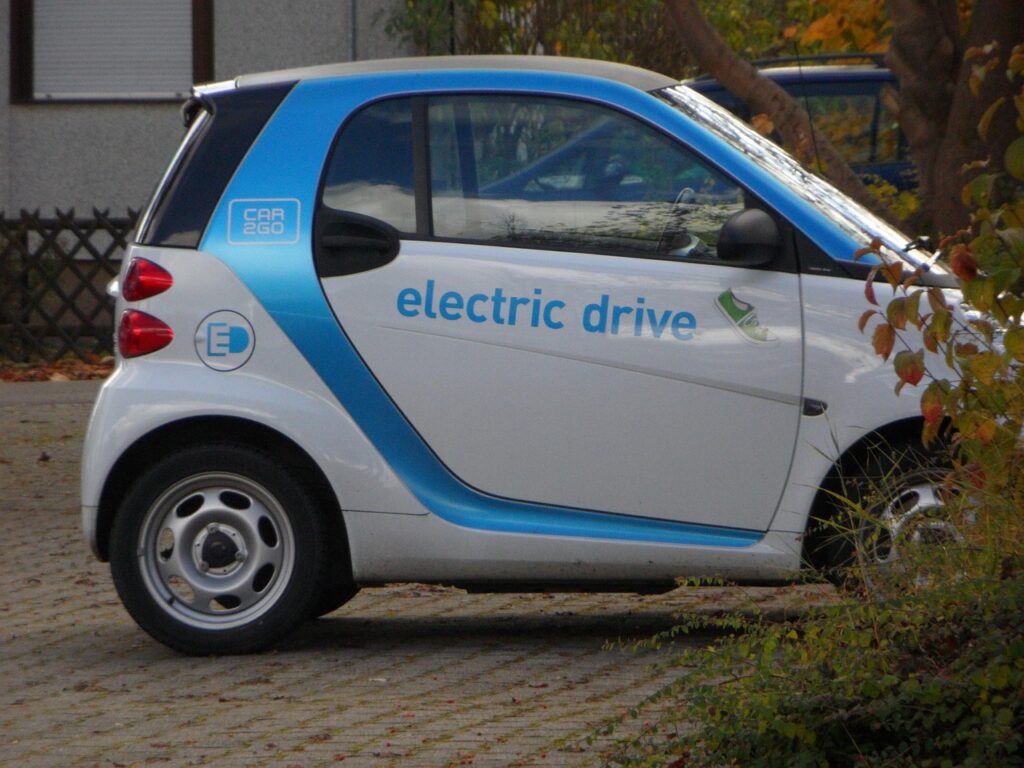
But we need to think ahead. The increase in the number of electric vehicles will drive up demand for electricity. If this demand is met by carbon-based energies, the gains could be cancelled out. That’s why European leaders in recharging (such as Spark Alliance) are offering electric vehicle drivers the chance to use 100% renewable energy.
Economic stakes: a new industry… but risks to manage
As well as being good for the environment, electromobility represents a major economic opportunity for manufacturers. New sectors are being created: batteries, charging stations, on-board software, connected services, etc. In Europe, « gigafactories » are being created, and investment is running into billions – enough to enable new players to gain a foothold in an automotive sector that has historically been difficult to access.
From the user’s point of view, the cost of ownership is often more advantageous than for internal combustion over the long term: maintenance is considerably reduced, recharging costs less than filling up, and the government offers ecological bonuses. The brakes on access are beginning to fall, thanks in particular to the development of the second-hand market for electric vehicles.
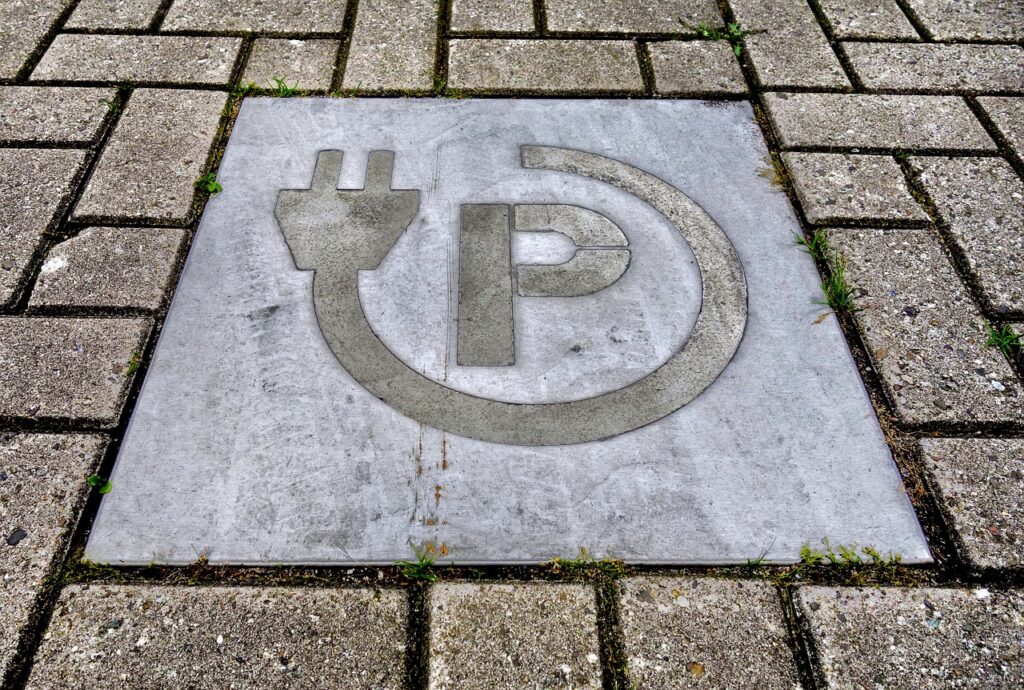
But this transformation is not without its upheavals. The traditional automotive industry involves hundreds of thousands of jobs, particularly on assembly lines, in garages and with subcontractors. The retraining of skills is a major social challenge, to enable all these women and men to continue a suitable professional activity. In February 2025, the European Commission adopted the Clean Industrial Deal. This pact aims to support the transition of industrial sectors to low-carbon technologies, with a strong emphasis on electric mobility. It promises to create 500,000 new jobs in electromobility by 2030.
Electromobility represents a major step towards a more sustainable and independent future. While the environmental and economic challenges are many, the benefits for public health, energy independence and industrial recovery are undeniable. It is crucial that we continue to innovate and invest in sustainable solutions to maximise these benefits.

